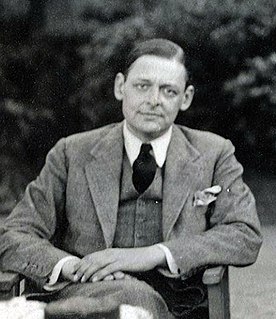"The Sweepers" is a poem written by Rudyard Kipling (1865-1936), and set to music by the English composer Edward Elgar in 1917, as the fourth of a set of four war-related songs on nautical subjects for which he chose the title "The Fringes of the Fleet". [1]

Joseph Rudyard Kipling was an English journalist, short-story writer, poet, and novelist. He was born in India, which inspired much of his work.

Sir Edward William Elgar, 1st Baronet was an English composer, many of whose works have entered the British and international classical concert repertoire. Among his best-known compositions are orchestral works including the Enigma Variations, the Pomp and Circumstance Marches, concertos for violin and cello, and two symphonies. He also composed choral works, including The Dream of Gerontius, chamber music and songs. He was appointed Master of the King's Musick in 1924.

The Fringes of the Fleet is a booklet written in 1915 by Rudyard Kipling (1865–1936). The booklet contains essays and poems about nautical subjects in World War I.
Like the others in the cycle, it is intended for four baritone voices: a solo and chorus. It was originally written with orchestral accompaniment, but was later published to be sung with piano accompaniment.
The poem was called by Kipling "Mine Sweepers", and is about the British ships called minesweepers which cleared the seas of enemy mines in World War I.

World War I, also known as the First World War or the Great War, was a global war originating in Europe that lasted from 28 July 1914 to 11 November 1918. Contemporaneously described as "the war to end all wars", it led to the mobilisation of more than 70 million military personnel, including 60 million Europeans, making it one of the largest wars in history. It is also one of the deadliest conflicts in history, with an estimated nine million combatants and seven million civilian deaths as a direct result of the war, while resulting genocides and the 1918 influenza pandemic caused another 50 to 100 million deaths worldwide.
T. S. Eliot included the poem in his 1941 collection A Choice of Kipling's Verse .

Thomas Stearns Eliot,, "one of the twentieth century's major poets" was also an essayist, publisher, playwright, and literary and social critic. Born in St. Louis, Missouri, in the United States, to a prominent Boston Brahmin family, he moved to England in 1914 at the age of 25, settling, working, and marrying there. He became a British subject in 1927 at the age of 39, renouncing his American passport.
A Choice of Kipling's Verse, made by T. S. Eliot, with an essay on Rudyard Kipling is a book first published in December 1941. It is in two parts. The first part is an essay by American-born British poet T. S. Eliot (1888-1965), in which he discusses the nature and stature of British poet Rudyard Kipling (1865-1936); it is divided into two sections. The second part consists of a selection of Kipling's poems made by Eliot.










